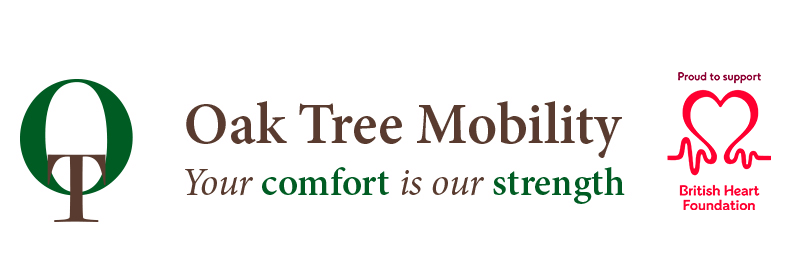What is a circadian rhythm?
Your circadian rhythm is the pattern your body runs through in a 24-hour cycle. All living things have one, from tiny microorganisms to plants and animals to humans. It reflects the sleeping and eating habits of all these living things.
So how does it work?
Your circadian rhythm is determined by your biological/ internal clock. These two things are not the same, but they are related. For instance, your biological clock regulates the timings of the circadian rhythm. This process is composed of brain waves and hormone production triggered by external light, darkness and temperature.
Your body clock can be found in protein molecules that interact in your cells throughout your body in every tissue and organ. These ‘clock genes’ communicate with the ‘master clock’ in the brain, which keeps them all in sync. This section of the brain is made up of 20,000 nerve cells called the suprachiasmatic nucleus or SCN.
The SCN receives messages from the optic nerve and then relays messages throughout the body to make you feel sleepy or awake.
Why am I sleepy at certain times?
Although your circadian rhythm is internal and naturally occurs, it is determined and affected by external factors like the time of day. For example, low sunlight through the optic nerve, makes the SNC produce melatonin which makes you sleepy. This is why if you look at your phone before bed, the light prevents this process from happening and keeps you awake.
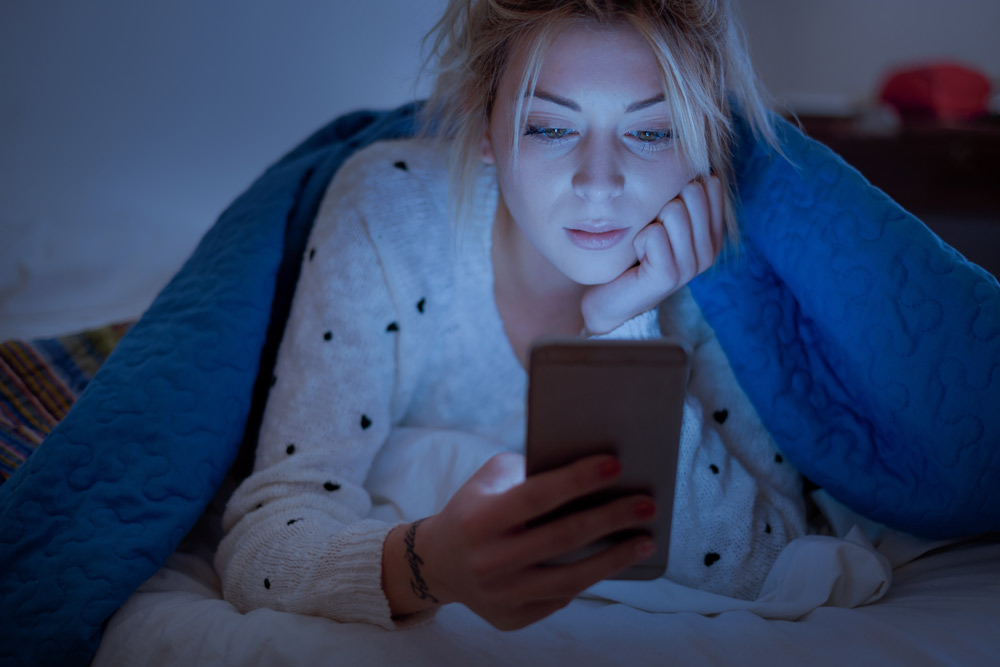
As an adult, you go through dips of sleepiness and wakefulness throughout the day and deep and light sleep throughout the night. The dip occurs during the night at around 2:00 am-4:00 am, this is when you’re in your deepest sleep. You also have a dip of sleepiness after lunch at 1:00 pm-3: 00 pm. If you’re sleep deprived you’ll feel these dips more strongly than if you’re well-rested.
Why am I sleepy at different times to others?
Your circadian rhythm is unique to you and it might not run the same as someone else’s. For example, sometimes your circadian rhythm runs faster than others, in this case, “morning people” will feel more awake at dawn. Conversely, if your circadian rhythm runs slower than others you might be referred to as an “evening person”, and you’ll find you will be able to function much later on in the day and evening than others.
These idiosyncrasies are called “chronotypes” and different factors also contribute to them. For example, your age will affect this; an adult will need less sleep than an elderly person or a baby. Furthermore, your weight, height and genetics also affect your chronotype.
Does my circadian clock affect anything else?
Yes! Research has discovered that as well as your sleep-wake cycle, your circadian rhythm conducts your hormone releases, eating habits, digestion, blood pressure and body temperature.
What happens when you’re out of sync with your circadian rhythm?
You’ve heard of jet lag. But what is it? Well, it’s when your circadian rhythm and internal body clock is set to the wrong 24-hour cycle. So, when you fly to another time zone, your internal body clock is used to another cycle and you produce melatonin at the wrong time for the time zone you are in. Hence, you’re tired at the wrong times of the day. However, because of environmental factors like sunlight, your body adjusts itself in a few days.
Social jet lag is when you deprive yourself of sleep or ‘sleep in’ at the weekend. This has the same effect as normal jet lag and can put your circadian rhythm out of sync. Some scientists suggest that this circadian misalignment caused by social jet lag is a widespread phenomenon contributing to many health problems in the Western world.
This is why shift work is difficult. People find it hard to sleep in the light and be awake at night, it’s simply not natural to us.
What are the health problems related to sleep deprivation?
Your body clock is notoriously resilient, especially when you’re young. You can experience sleep deprivation and jet lag and your body can cope. But be aware that the more you experience it, the worse your body will be able to cope with it in the future.
In the short-term, sleep deprivation affects cognitive function, alertness, focus, coordination, cardiovascular efficiency, the immune system, weight, mood and consistent bowel movements.
However, in the long term, a lack of sleep can lead to more chronic diseases. For example, sleep disorders, obesity, diabetes, depression, bipolar disorders, heartburn, ulcers, cardiovascular disease and even a shortened life span.
What is the normal time to sleep in?
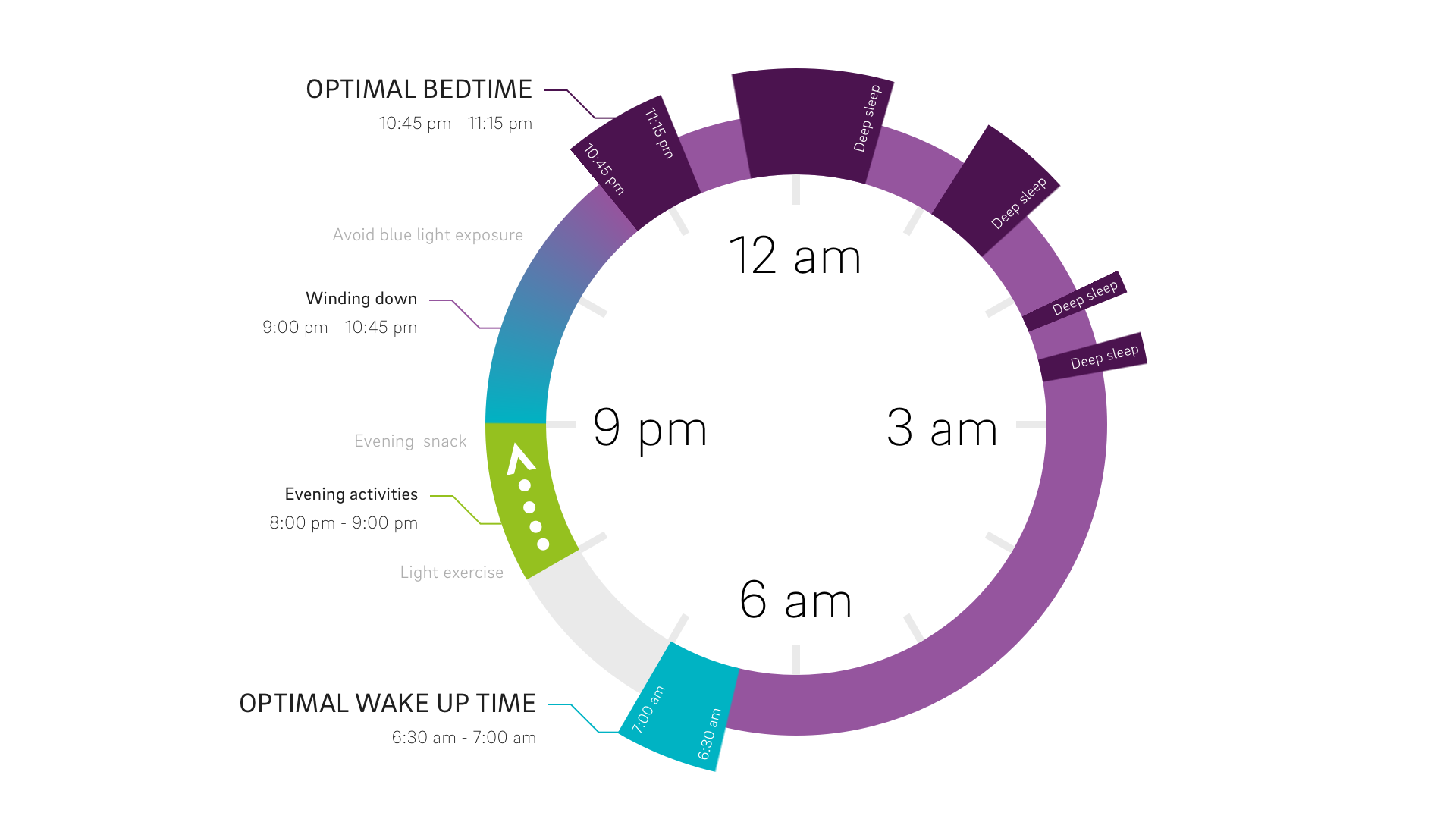
To keep yourself healthy it’s best to pay attention to your natural circadian rhythm and follow it. Typically, your body will start secreting melatonin around 9:00 pm and end around 7:30 am, during the day there is virtually no melatonin in your system.
In other words, depending on your chronotype, your ideal time to wake up is 6:30-7: 00 am, your winding downtime should begin between 9:00-10: 45 pm, this is when you should avoid blue light exposure. Lastly, your optimal bedtime should be between 10:45-11: 15 pm.
Whatever works best for you the thing to remember is to keep a regular pattern, 7 days a week, (yes, even weekends!). Getting between 7-9 hours of sleep a night is considered normal for adults.
Does eating affect my sleep pattern?
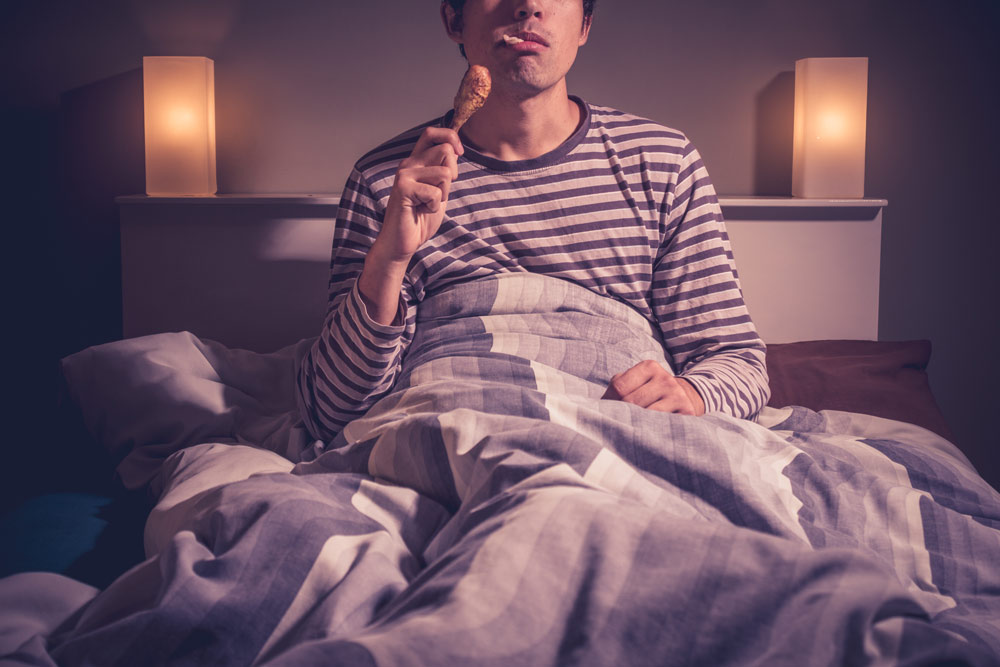
As well as your sleep pattern your circadian rhythm interacts with your eating pattern and determines when you get hungry. A large body of work has demonstrated that diet is a key extrinsic cue, interacting with your internal intrinsic clocks, including Dr Satchidananda Panda’s work on time-restricted feeding and how the time of eating impacts health. It shows that eating a large meal before you go to sleep will negatively affect your sleep quality. Try to keep your larger meals towards the beginning of the day. Also, try and eat within a 10 to 12-hour period.
Part of the reason for doing this is that when you sleep your liver clock will shut down and it stops producing the enzymes you need to digest and particularly convert calories into energy. Instead, it produces enzymes to store energy, therefore if you eat before you sleep you’re more likely to store the energy rather than burn it.
Does exercise affect my circadian rhythm?
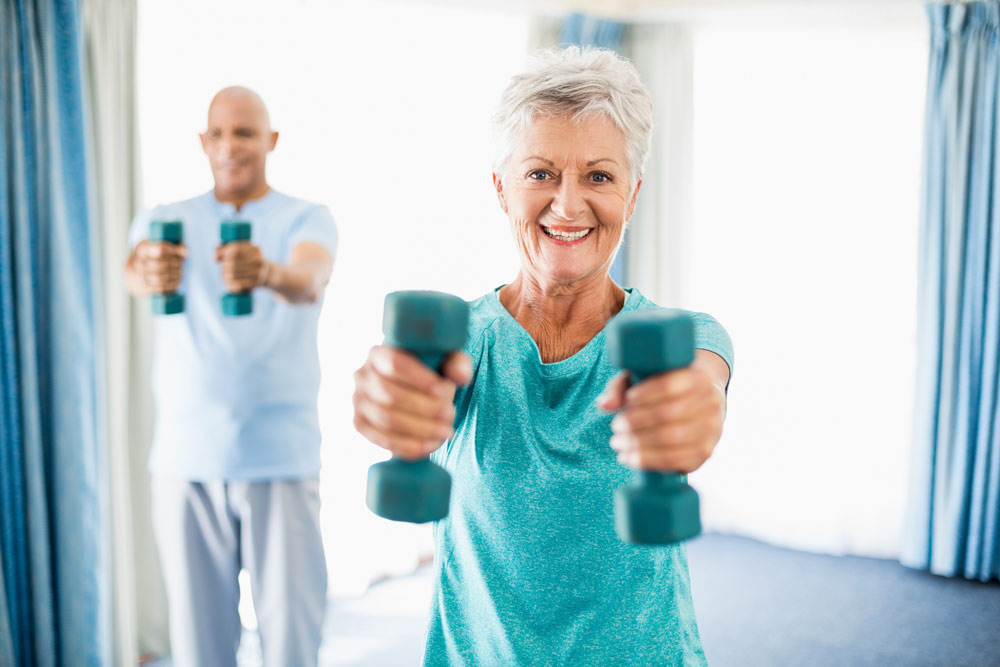
Yes, like light and eating, exercise also plays a role in maintaining healthy rhythms. Try and exercise later in the day, but make sure you leave enough time for your body to wind down before you go to sleep. Incorporating your exercising into a regular pattern will help your circadian rhythm stay in sync. Likewise, if you exercise at different times of the day your body will go out of sync, affecting your sleep cycle.
Did you know?
Did you know that discovering the specific molecular and genetic mechanisms of circadian rhythms were discovered by identifying specific genes fruit flies? A mutated gene was discovered, that disrupted the circadian clock of certain fruit flies.
How can an adjustable bed help your circadian rhythm?
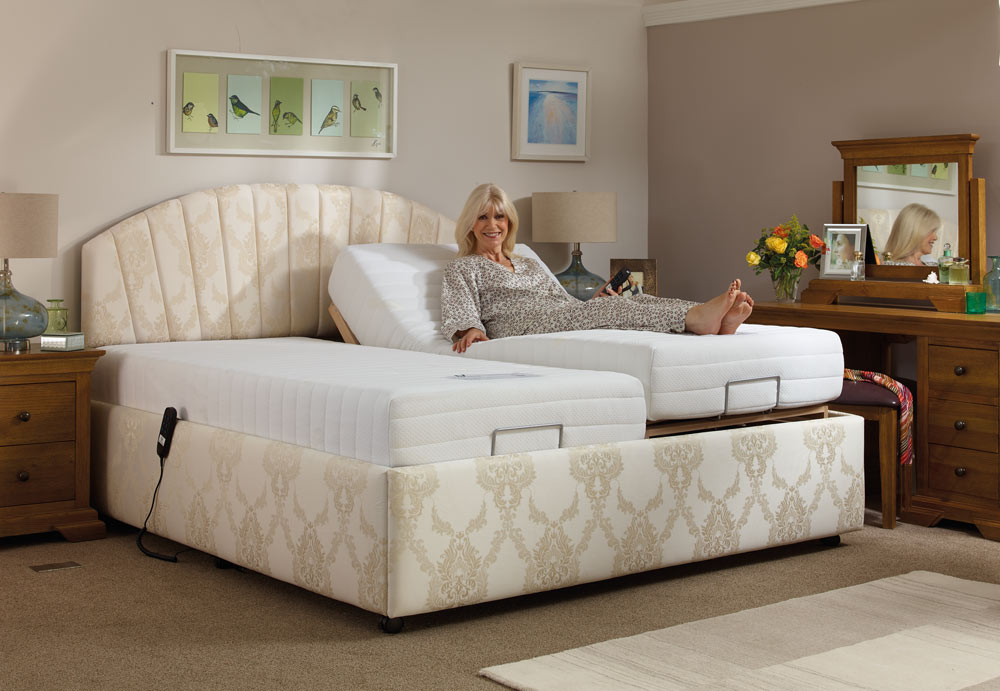
Did you know that flat mattresses aren’t the best for supporting your body? A way of keeping your circadian rhythm regular is to give yourself the best possible sleeping environment. And what better way to do this than giving yourself the ultimate comfort and support your body needs?
When we lie flat some areas need extra support like our neck, legs and lumbar region. On a flat mattress, these are not supported properly. However, on an adjustable bed, at the touch of a button, you can move the mattress into a semi-contoured position.
If you wake up feeling stiff, tired, or you suffer from joint or spine problems, simply getting a bed that supports these pressure points will allow you to get a good sleep that you need for you to maintain a healthy circadian rhythm. Browse our Adjustable bed ranges here.
